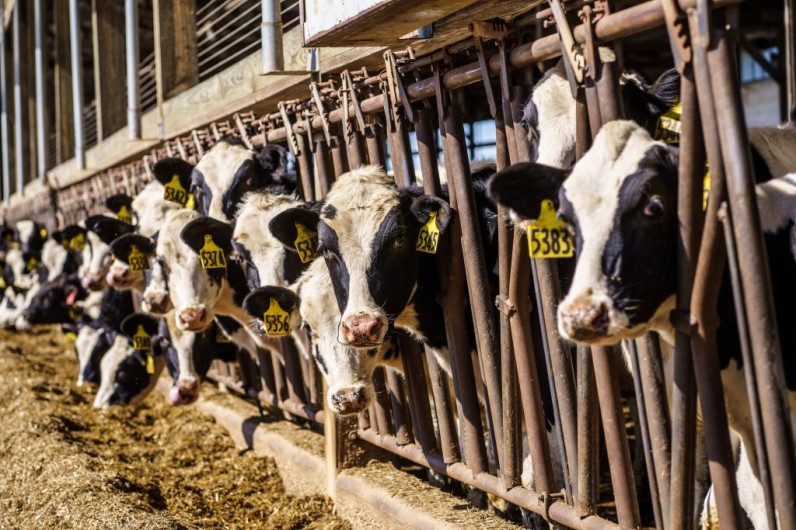
In the month since federal officials revealed a bird flu outbreak on dairy farms, they have repeatedly reassured the public that the virus has little influence on the United States' food or milk supply and poses little risk to the general public.
However, the infection among cows may be more serious than initially thought.
Bird Flu Virus Found in Cow Milk
In an unexplained web update this week, the USDA stated that there is now evidence that the virus is moving among cows and from cows to poultry.
According to The New York Times, officials in North Carolina discovered bird flu illnesses in a cattle herd with no symptoms, information that the US Department of Agriculture has not made public. The findings claim that infections may be more common than previously anticipated.
It is uncertain whether there are asymptomatic animals elsewhere because the United States Department of Agriculture does not require farms to screen livestock for infection. It has reimbursed farmers for testing, but only for the 20 cows per farm that were clearly unwell. This Monday, the agency said that farms will be reimbursed for evaluating cows without symptoms.
Federal officials have shared little genetic information about the virus with scientists and officials from other nations, which is critical for understanding how the virus may evolve as it spread.
They are not constantly monitoring illnesses in pigs, which are notoriously effective hosts for developing flu viruses and are frequently maintained in close proximity to cattle. Despite the dearth of hard data, regulators have expressed "no concern" regarding the safety of milk.
Are Milk, Eggs Still Safe to Consume?
In March, the United States Department of Agriculture, the Food and Drug Administration, and the Centers for Disease Control and Prevention issued joint statements assuring the public that pasteurized milk was safe.
However, the FDA is still conducting studies to see whether the method kills the virus. The FDA declined to specify when the findings of those testing would be available.
Some experts believe the agencies should not have declared the milk safe until they got the data, even though the risk to consumers is minimal.
In an interview last week, Dr. Rosemary Sifford, the United States Department of Agriculture's head veterinarian, stated that the investigations involved more than a dozen federal epidemiologists, about twice as many laboratory professionals, field staff members, and academic and state collaborators.







Join the Conversation